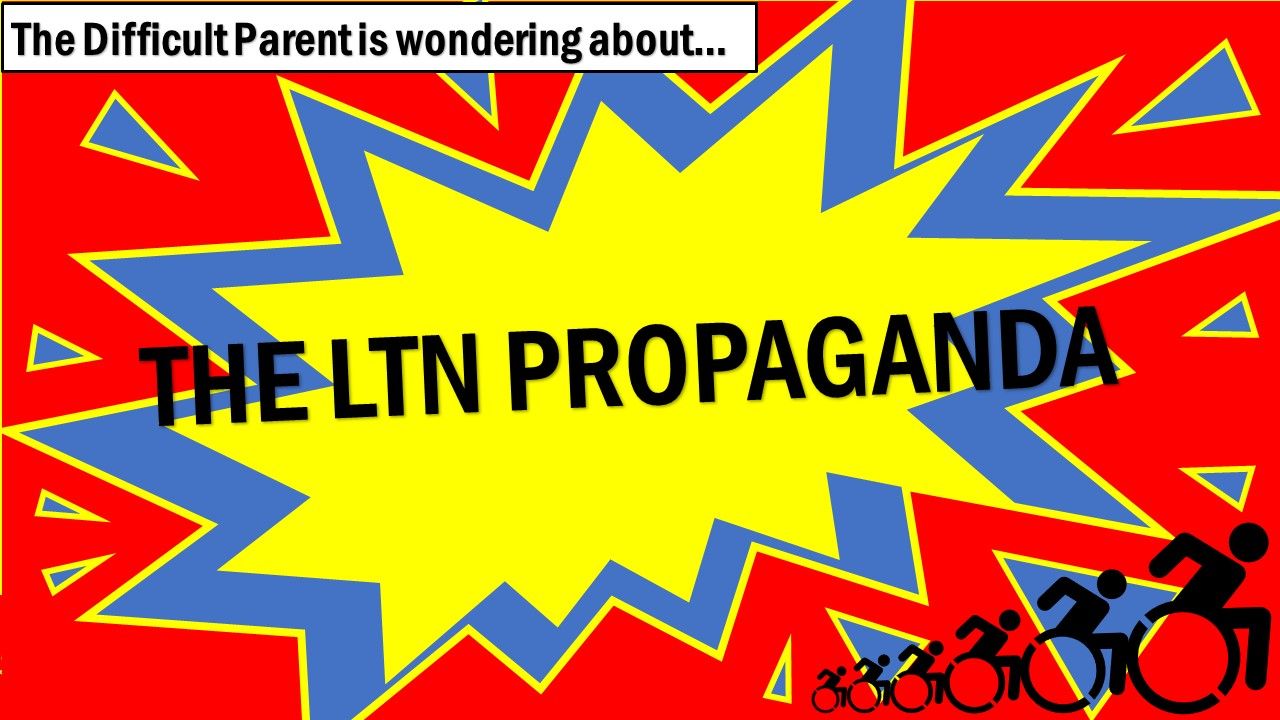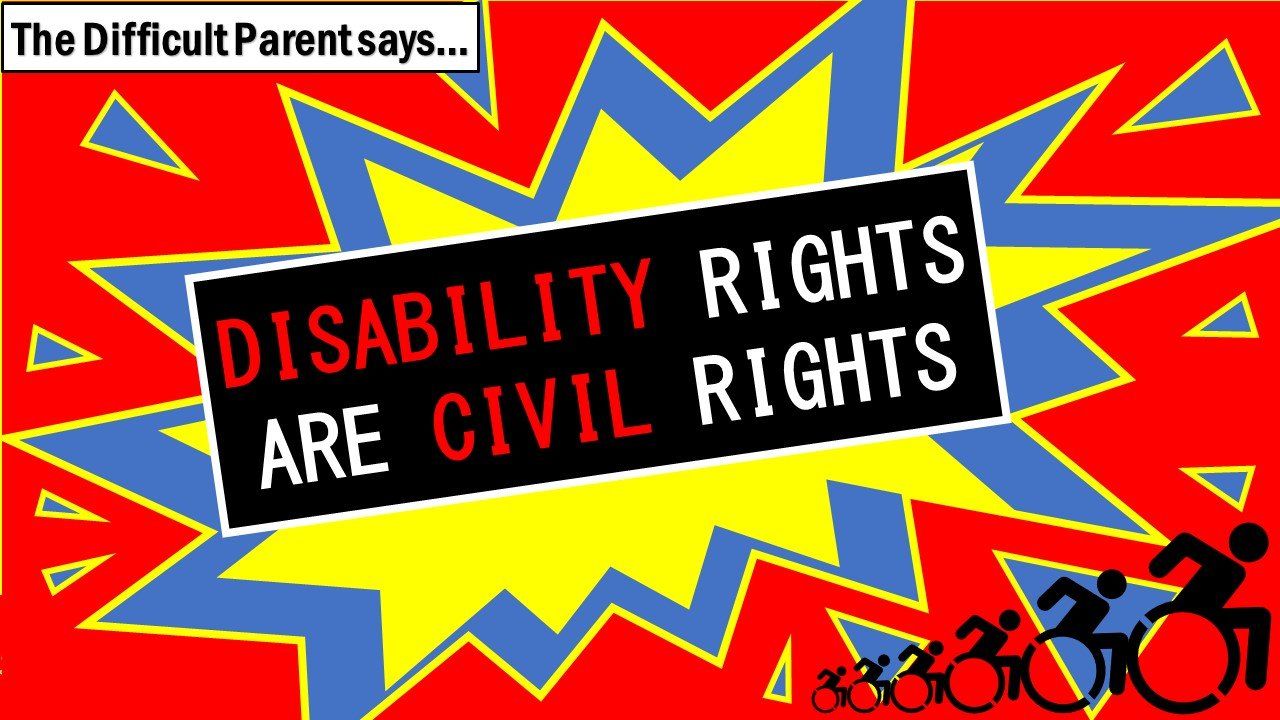Whose job is it anyway?
- By The Difficult Parent
- •
- 05 May, 2019
- •
The foundations of any engagement moving forwards must include all of the following

source: https://www.haringey.gov.uk/sites/haringeygovuk/files/responsibilities_for_senior_managers_.pdf
The Nolan Principles
1. Selflessness
Holders of public office should act solely in terms of the public interest.
2. Integrity
Holders of public office must avoid placing themselves under any obligation to people or organisations that might try inappropriately to influence them in their work. They should not act or take decisions in order to gain financial or other material benefits for themselves, their family, or their friends. They must declare and resolve any interests and relationships.
3. Objectivity
Holders of public office must act and take decisions impartially, fairly and on merit, using the best evidence and without discrimination or bias.
4. Accountability
Holders of public office are accountable to the public for their decisions and actions and must submit themselves to the scrutiny necessary to ensure this.
5. Openness
Holders of public office should act and take decisions in an open and transparent manner. Information should not be withheld from the public unless there are clear and lawful reasons for so doing.
6. Honesty
Holders of public office should be truthful.
7. Leadership
Holders of public office should exhibit these principles in their own behaviour. They should actively promote and robustly support the principles and be willing to challenge poor behaviour wherever it occurs.
sources: https://www.gov.uk/government/publications/the-7-principles-of-public-life & https://www.gov.uk/government/publications/the-7-principles-of-public-life/the-7-principles-of-publi...
Committee on Standards in Public Life
Their recent report into Local government ethical standards notes the following:
An ethical culture requires leadership.
Expected standards of behaviour should be embedded through effective induction and ongoing training.
An ethical culture will be an open culture. Local authorities should welcome and foster opportunities for scrutiny, and see it as a way to improve decision making.
Whilst local press can play an important role in scrutinising local government, openness must be facilitated by authorities’ own processes and practices.
sources: https://www.gov.uk/government/organisations/the-committee-on-standards-in-public-life & https://www.gov.uk/government/publications/local-government-ethical-standards-report
The Equality Act 2010
It is against the law to discriminate against anyone because of:
- age
- gender reassignment
- being married or in a civil partnership
- being pregnant or on maternity leave
- disability
- race including colour, nationality, ethnic or national origin
- religion or belief
- sex
- sexual orientation
source: https://www.gov.uk/guidance/equality-act-2010-guidance
Public Sector Equality Duty
The public sector Equality Duty came into force across Great Britain on 5 April 2011. It means that public bodies have to consider all individuals when carrying out their day-to-day work – in shaping policy, in delivering services and in relation to their own employees.
It also requires that public bodies have due regard to the need to:
- eliminate discrimination
- advance equality of opportunity
- foster good relations between different people when carrying out their activities
source: https://www.gov.uk/government/publications/public-sector-equality-duty
SEND Reforms Code of Practice 2015
Paragraph 3.18
At a strategic level, partners must engage children and young people with SEN and disabilities and children’s parents in commissioning decisions, to give useful insights into how to improve services and outcomes. Local authorities, CCGs and NHS England must develop effective ways of harnessing the views of their local communities so that commissioning decisions on services for those with SEN and disabilities are shaped by users’ experiences, ambitions and expectations. To do this, local authorities and CCGs should engage with local Healthwatch organisations, patient representative groups, Parent Carer Forums, groups representing young people with SEN and disabilities and other local voluntary organisations and community groups.
Paragraph 3.29
Local authorities must review their provision, taking into consideration the experiences of children, young people and families (including through representative groups such as Parent Carer Forums), voluntary and community sector providers and local Healthwatch. Information from such reviews will contribute to future arrangements and the effectiveness of local joint working.
Paragraph 4.9
Local authorities should do this in a way which ensures that children, young people and parents feel they have participated fully in the process and have a sense of co-ownership. This is often referred to as ‘co-production’. Local authorities should take steps to ensure that their arrangements for involving children, young people and parents include a broadly representative group of the children with SEN or disabilities and their parents and young people with SEN or disabilities in their area. Parent Carer Forums, young people’s forums and other local groups are useful ways to engage families.
Paragraph 4.10
Local authorities should publicise in their Local Offer the ways in which they will involve children, young people and parents in developing and reviewing it. Local authorities should ensure that they provide support that enables children, young people and parents to contribute to decision-making at this strategic level and the Local Offer should include details of this support, which should include Parent Carer Forums and local voluntary organisations.
source: https://assets.publishing.service.gov.uk/government/uploads/system/uploads/attachment_data/file/3988...










